British chess grandmaster Nigel Short has form when it comes to provocative statements. When competing in a tournament in France as a junior player, some years ago, he was asked the question by an interviewer: ‘What do you hate most in life?’ His answer — ‘The French’ — failed to endear him to the organisers. At a later appearance in a French tournament, an entente cordiale was struck, and Nigel is once again a welcome guest across the Channel.
Nigel’s latest foray into contentious self-expression came with his widely reported intervention into the age-old debate about the differences between the male and female brain. As was widely reported, Nigel said that the female brain fails in the logic department; hence girls will never be able to match boys at the chessboard.
A few years ago, the Ukip backer Stuart Wheeler denigrated women’s ability to play chess, only to be challenged to a game by former British girls chess champion, Rachel Reeves MP. Wheeler tried to get out of it by asking a grandmaster (me, in fact) to take his place. This seemed to be missing the point of the exercise, so I declined. The game between Reeves and Wheeler never took place.
In a recent tweet Nigel stuck to his guns, saying: ‘I have no problem expressing unpopular views if they are true.’ I spoke to Tony Buzan, inventor of the Mind Map thinking and creativity technique. Although there are differences in grey and white matter in the male and female brain, Tony told me that, scientifically, the male and female brain show no serious differences. I will return to this theme next week with my take on the situation.
Last week Nigel faced his old rival, the former world champion Garry Kasparov in a two-day rapid-play match in St Louis, USA. After Nigel’s slaughterhouse defeat, one thing is certain — outraged female chessplayers will be queuing up to challenge him. Both Short and Kasparov, by the way, have lost games against the best ever female player, the Hungarian grandmaster Judit Polgar.
Even if Nigel has a point — and some have rushed to defend him— history is not on his side. As Alexander Alekhine, the great world champion from 1927 to 1935 and again from 1937 to 1946, and a brilliant tactician, once wrote: ‘Chess is not only knowledge and logic.’
Carlsen-Polgar: Mexico City 2012
(diagram 1)
Here Judit found a clever tactic which swiftly turned the game in her favour. 28 … Qh4 This move is a curious form of a fork. The black queen obviously attacks the rook on e1 but also, far less obviously, also targets the white queen on b4 — despite the fact that there are three intervening pieces along the fourth rank. 29 Rc1 Bxd5 30 cxd5 N4xd5 The remarkable point of Black’s play. The pin along the fourth rank enables this tactic. 31 Bxg5 There is nothing better. 31 … Qxg5 32 Rxg5 Nxb4 33 Rg2 d5 With an extra piece Black went on to win easily. 34 exd5 Nfxd5 35 Ne4 Ne3 36 f6 Bf8 37 Rh2 Rac8 38 Bc4 Nxc4 39 bxc4 Kg8 40 Rb2 Rc7 41 c5 Nd3 42 Rd2 Rcd7 43 c6 bxc6 44 Rxc6 Kf7 45 Rb6 Nc5 46 Rxd7+ Rxd7 47 Nf2 h5 48 Rc6 Rd2 49 Nh3 Ne6 50 a4 Rh2 White resigns
Got something to add? Join the discussion and comment below.
Get 10 issues for just $10
Subscribe to The Spectator Australia today for the next 10 magazine issues, plus full online access, for just $10.

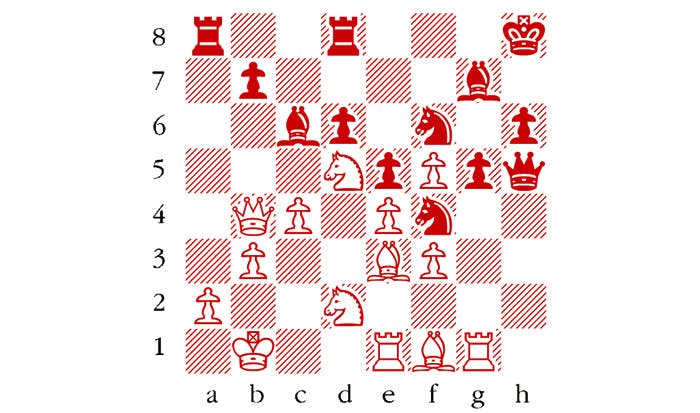
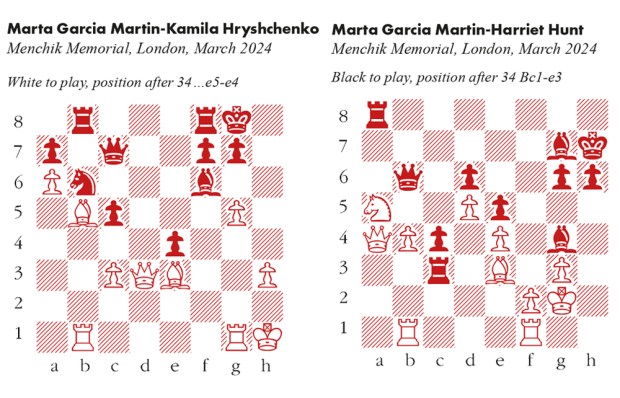
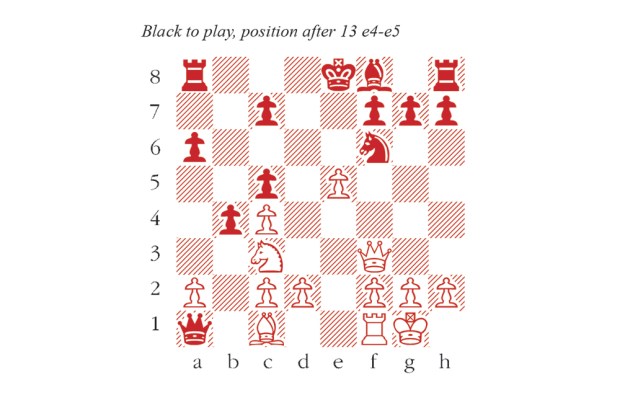
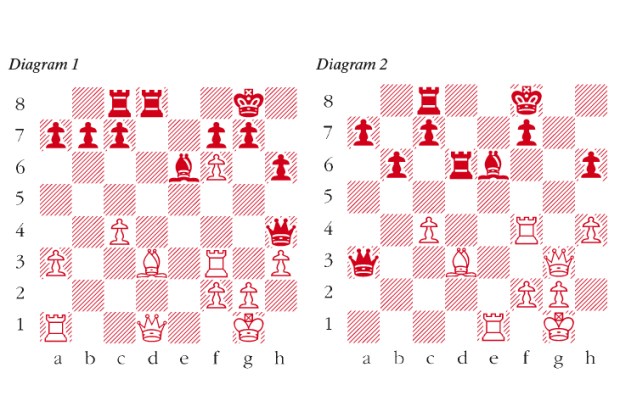
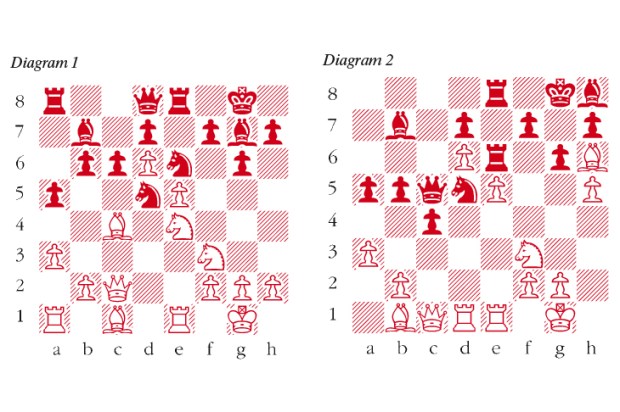
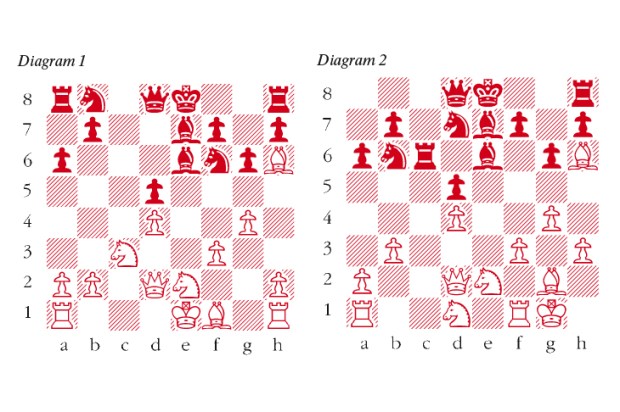
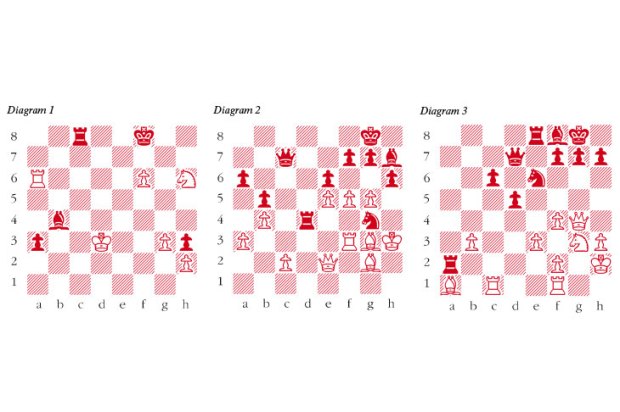






Comments
Don't miss out
Join the conversation with other Spectator Australia readers. Subscribe to leave a comment.
SUBSCRIBEAlready a subscriber? Log in